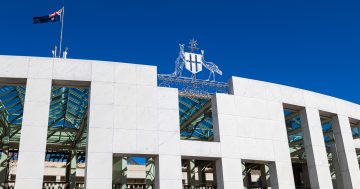 New Zealand’s Public Service Commission is expected to issue new guidance easing the restrictions on pay increases for thousands of Public Servants.
New Zealand’s Public Service Commission is expected to issue new guidance easing the restrictions on pay increases for thousands of Public Servants.
The Commission declined to comment on what was in the 2023 guidance, but journalists said it would significantly thaw the so-called pay freeze.
A draft of the guidance, while still calling for restraint, now encourages more flexibility to attract staff amid shortages in key areas.
The draft endorsed Agencies’ “targeted increases to various parts of their workforces”.
The draft drops references to strict limits on pay movements for those earning more than $NZ60,000 ($A55,730) a year and especially for anyone on more than $NZ100,000 ($A92,800).
However, the brakes would by no means be off entirely: “In all cases, the expectation remains that Agencies will fund any [pay] increases from within existing baselines,” the draft guidance states.
The Government has always rejected the assertion it imposed a freeze in 2020, calling it “restraint”.
It softened its 2020 approach in 2021, and suggested it might allow for cost-of-living rises, bringing forward a review of the whole approach to last year, instead of 2023.
Pay rates in the core public sector of 35 Agencies have risen since 2020 however, they have been generally below the rate of the private sector.
In what could prove to be controversial, the draft gave a lot of weight to a new pay approach, the Public Sector Pay Adjustment (PSPA), which some unions are resisting.
The PSPA had been used so far to settle more than a dozen collective agreements, offering a $NZ4,000 ($A3,700) pay rise in the first year and three per cent, or $NZ2,000 ($A1,850), in the second.
It covered scores of Agencies.
However, some of the more powerful unions, such as those representing teachers, nurses and senior doctors, have rejected it as putting workers’ pay behind inflation.
Any attempt to set it up as some kind of default position for bargaining could provoke union opposition.
Wellington, 23 March 2023











